Copyrighting beats is a way to ensure your original creations are legally protected, helping you control how they are used and monetized.
It can protect your work against unauthorized use and provide a legal foundation for pursuing copyright infringement.
Plus, unlock potential revenue through licensing and royalties.
Copyrighting your beats will help establish your credibility in the music industry, affirm your exclusive rights to your work, and give you peace of mind.
As a music producer, it’s important to know all about how to copyright beats (from start to finish) in order to navigate the legal landscape of the music industry like a boss.
This way, you protect your intellectual property and capitalize on your talents.
Throughout this article, you’ll be learning about:
- The basics of copyright law and copyright protection ✓
- How to copyright beats (step by step) ✓
- Registering with the copyright office ✓
- Copyright registration fees & other legal fees ✓
- Filing your copyright claim ✓
- Mechanical royalties and statutory damages ✓
- Licensing and selling your beats ✓
- Dealing with copyright infringement ✓
- Much more about how to copyright beats ✓
You’ll know everything about copyrighting beats so you can confidently protect your work, navigate copyright issues, and monetize your beats like a professional.
This knowledge will help ensure your songs are properly safeguarded and that you’re fully prepared to secure your place in the music industry.
So, let’s dive in…
Table of Contents
Understanding Copyright Law
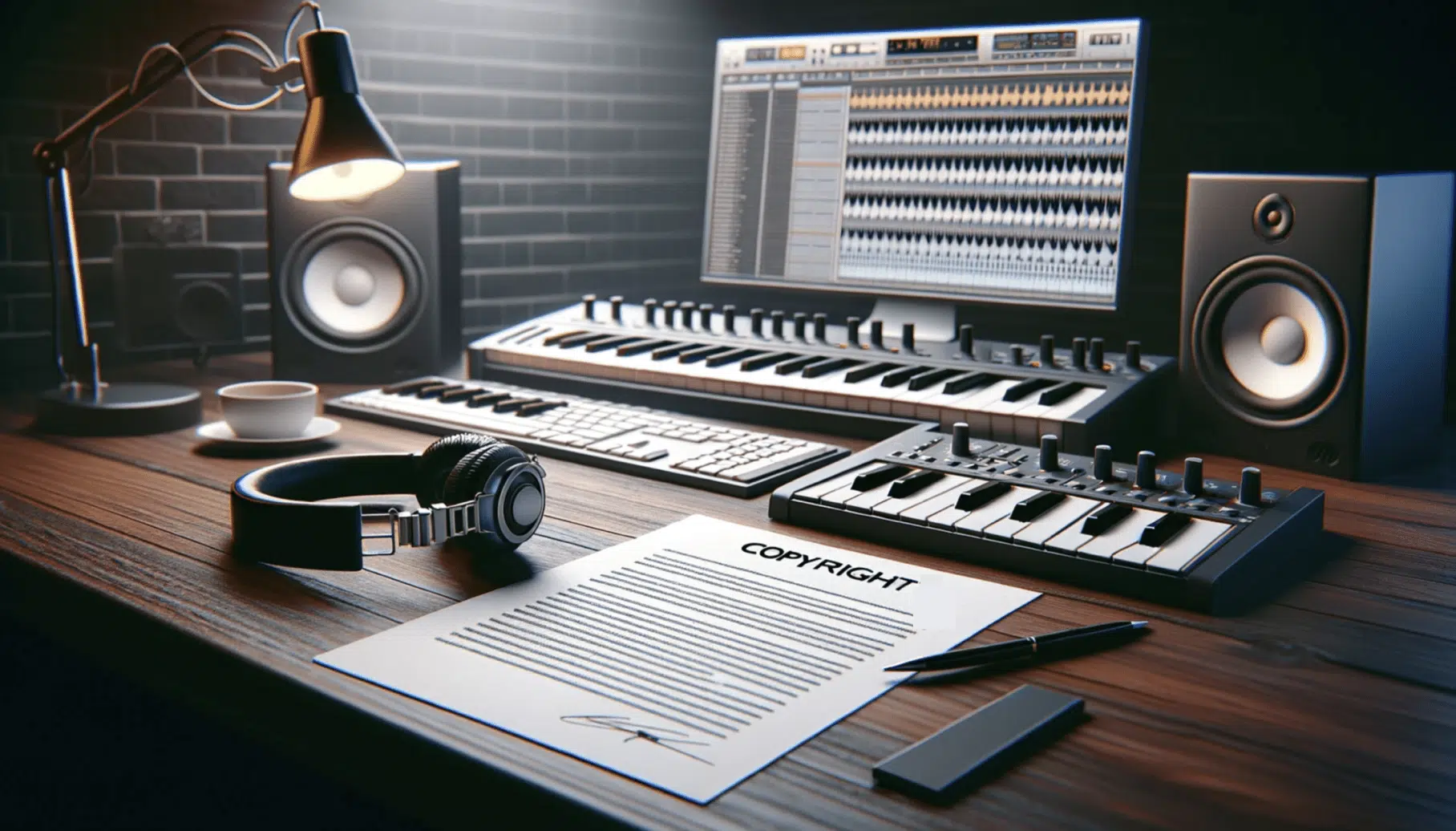
Understanding copyright law might sound complex, but it’s really about protecting your creative music work.
When you make something original, like a beat, copyright law says it’s yours and nobody else can use it without your permission.
Think of it as putting an invisible shield around your beat that keeps it safe from people who might want to copy it or use it without permission.
For example, if you create a unique beat and upload it to YouTube, copyright law helps ensure that others can’t just take your beat and claim it as their own or use it in their own videos without your say-so.
It’s like if you bake a cake and someone else tries to sell slices without asking you…
Copyright law tells them they can’t do that because the cake (in this case, the beat) is your creation and yours alone.
Copyright law is essential for music producers because it gives you complete control over your work.
This means you can decide:
- Who gets to use your beats
- How they can use them
- If you want them to be making money from your beats
- Etc.
This can be through services like licensing fees or royalties.
If someone did try to use your beats without permission, copyright law gives you the power to explore legal action 一 ensuring that your music and your rights are protected.
-
Copyright Protection for Beats
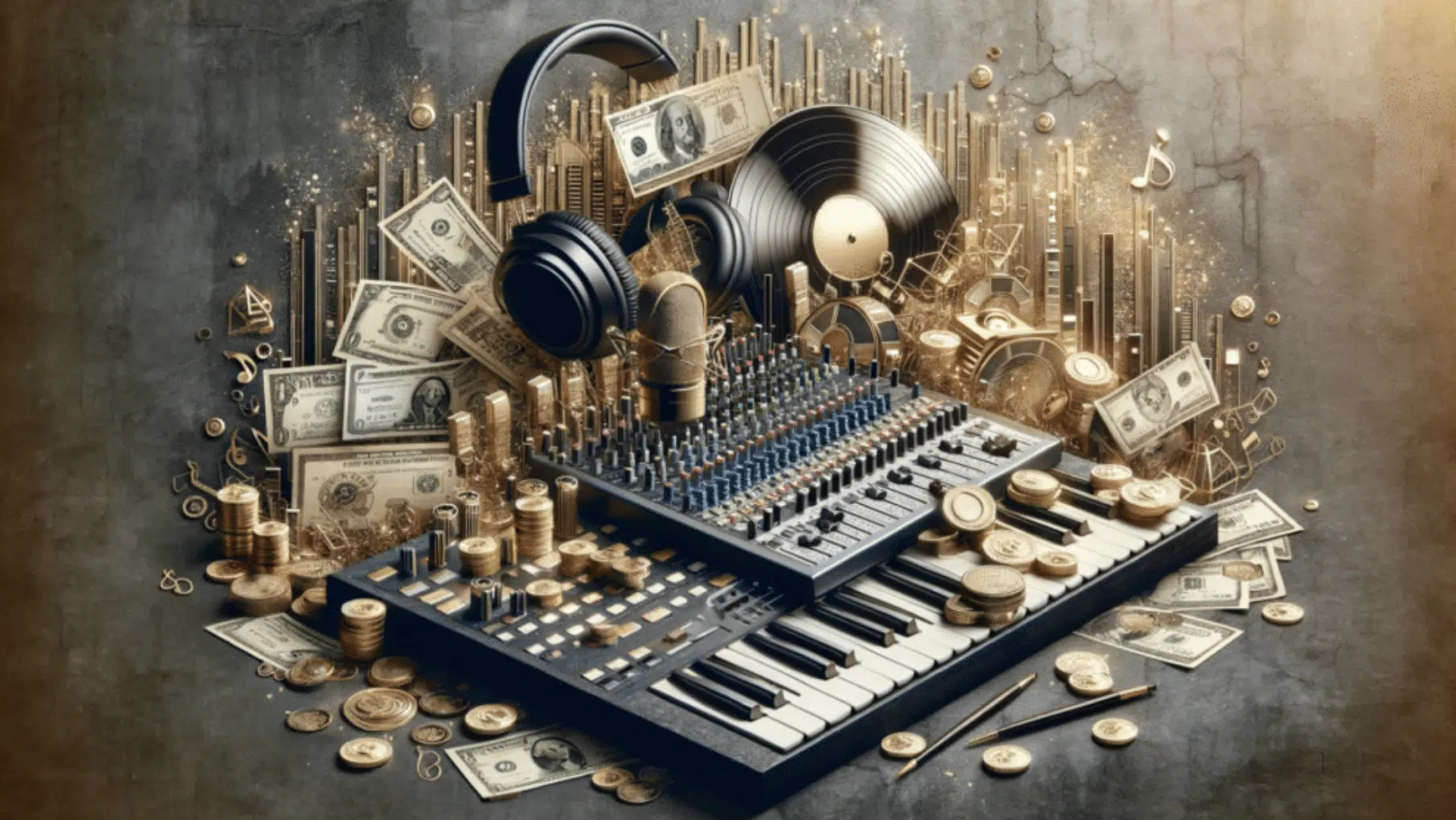
Copyright protection for beats is pivotal in establishing and maintaining control over your beats.
Once a beat is created and fixed in a tangible medium, such as a digital recording/video or writing notation, it is automatically copyrighted under copyright law.
This means you, as the creator, have the exclusive rights to:
- Reproduce
- Distribute
- Perform the beat
However, the real power of copyright protection comes into play when you register your beat with the copyright office.
Registration provides a public record of your copyright, which seriously enhances your ability to protect your work.
NOTE: if another artist, songwriter, or producer uses your beat without permission, having your beat registered makes it much easier to take legal action.
As well as claim statutory damages, naturally.
This can, again, help when it comes to promotion, marketing, publishing, and distribution of your music (which is everything as a music producer).
-
Protection Against Copyright Infringement
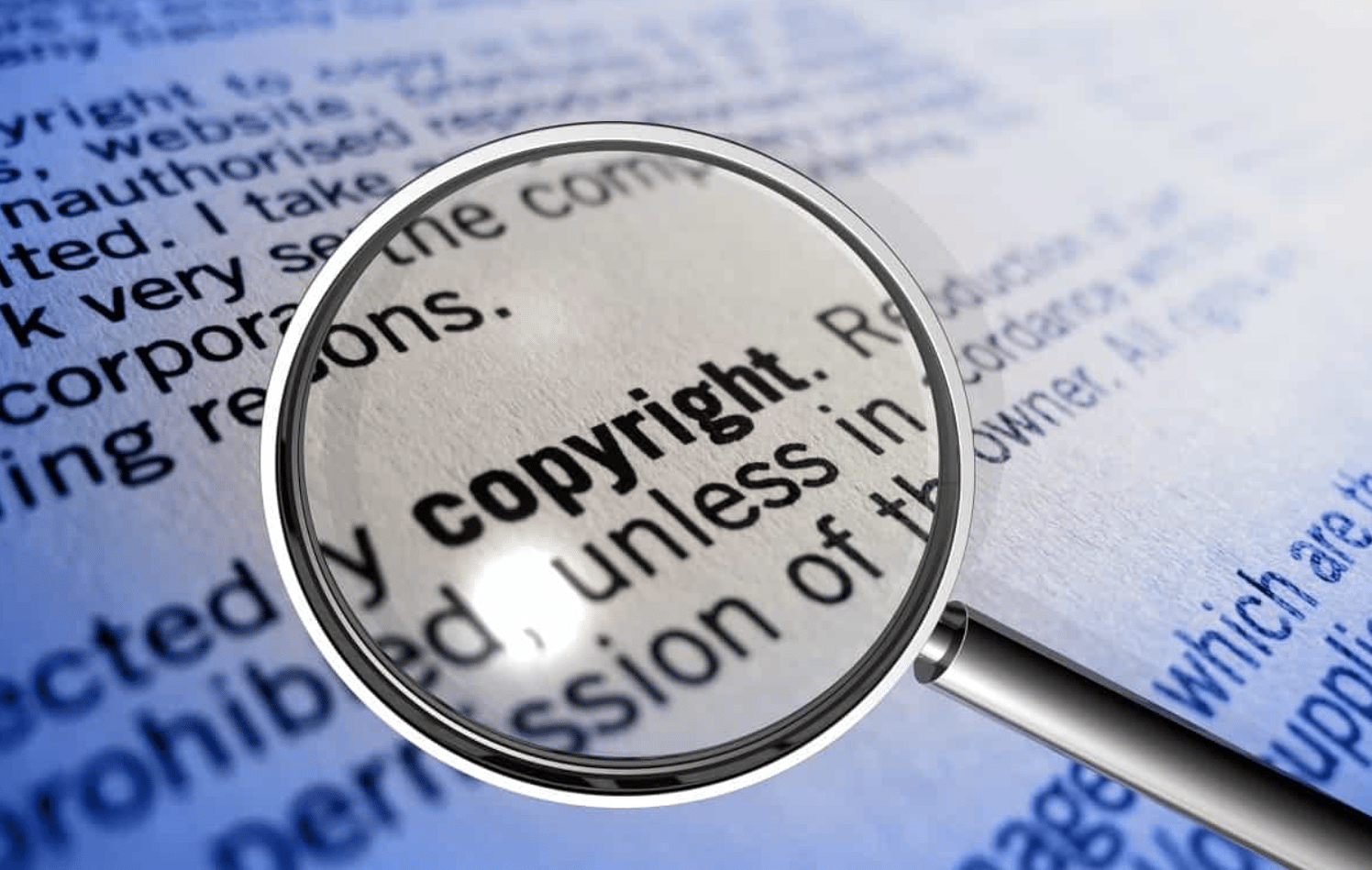
To fortify your music against copyright infringement, registering your beats with the copyright office is a vital step.
This act not only solidifies your claim to ownership but also serves as a deterrent to those considering unauthorized use of your songs.
In the event that your copyrighted beat is used without your permission, being registered allows you to seek not only actual damages but also statutory damages, which can be substantially higher.
For example, copyright registration makes it possible to claim damages without having to prove financial loss 一 a significant advantage in copyright law enforcement.
Also, when you file with the copyright office, that public record of your registration serves as bonafide evidence/proof of copyright ownership.
This is, needless to say, a super important component in legal battles over copyright issues (if it should ever come to that).
How to Copyright Beats: A Step-by-Step Guide
The copyright registration process might seem daunting, but it’s essential for protecting your beats. Let’s break down the steps to make it hassle-free.
-
Preparing Your Beats for Registration
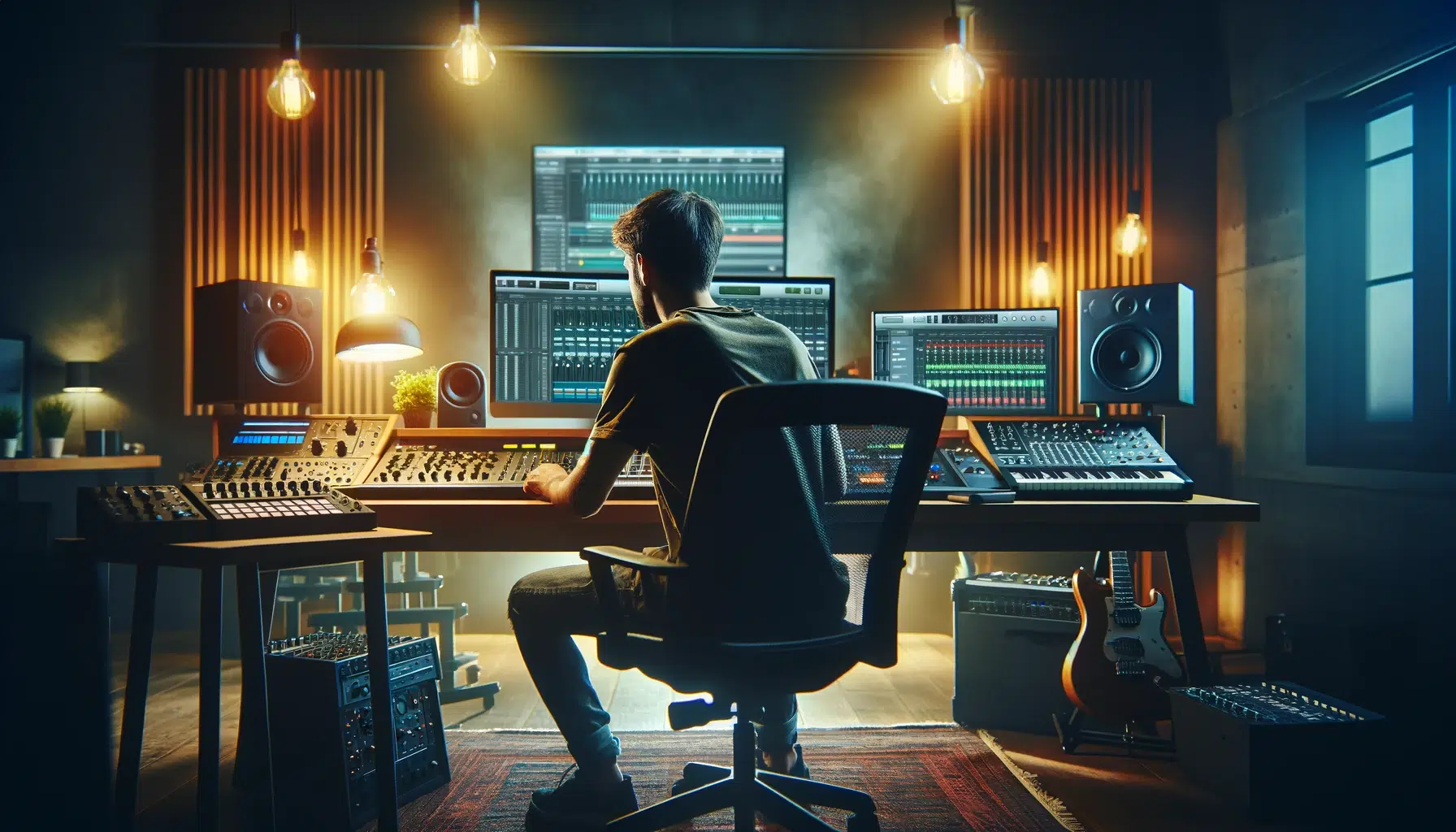
Before registering your beats, it’s essential to prepare them meticulously.
This involves ensuring that every beat you intend to register is clearly documented and recorded.
For example, keeping detailed files of your beat-making process can be invaluable, including:
- Original samples
- MIDI files
- Production notes
- Etc.
Additionally, compiling any related artworks, lyrics, or videos associated with your beat can enhance your copyright claim.
When you’re ready to register your music, having all relevant materials organized and accessible will streamline the process.
This makes it easier to protect your intellectual property.
Preparation is not just about legal protection 一 it’s about establishing a professional approach to your music career.
It further demonstrates your commitment to your music career and your rights as a music creator.
-
Registering with the Copyright Office
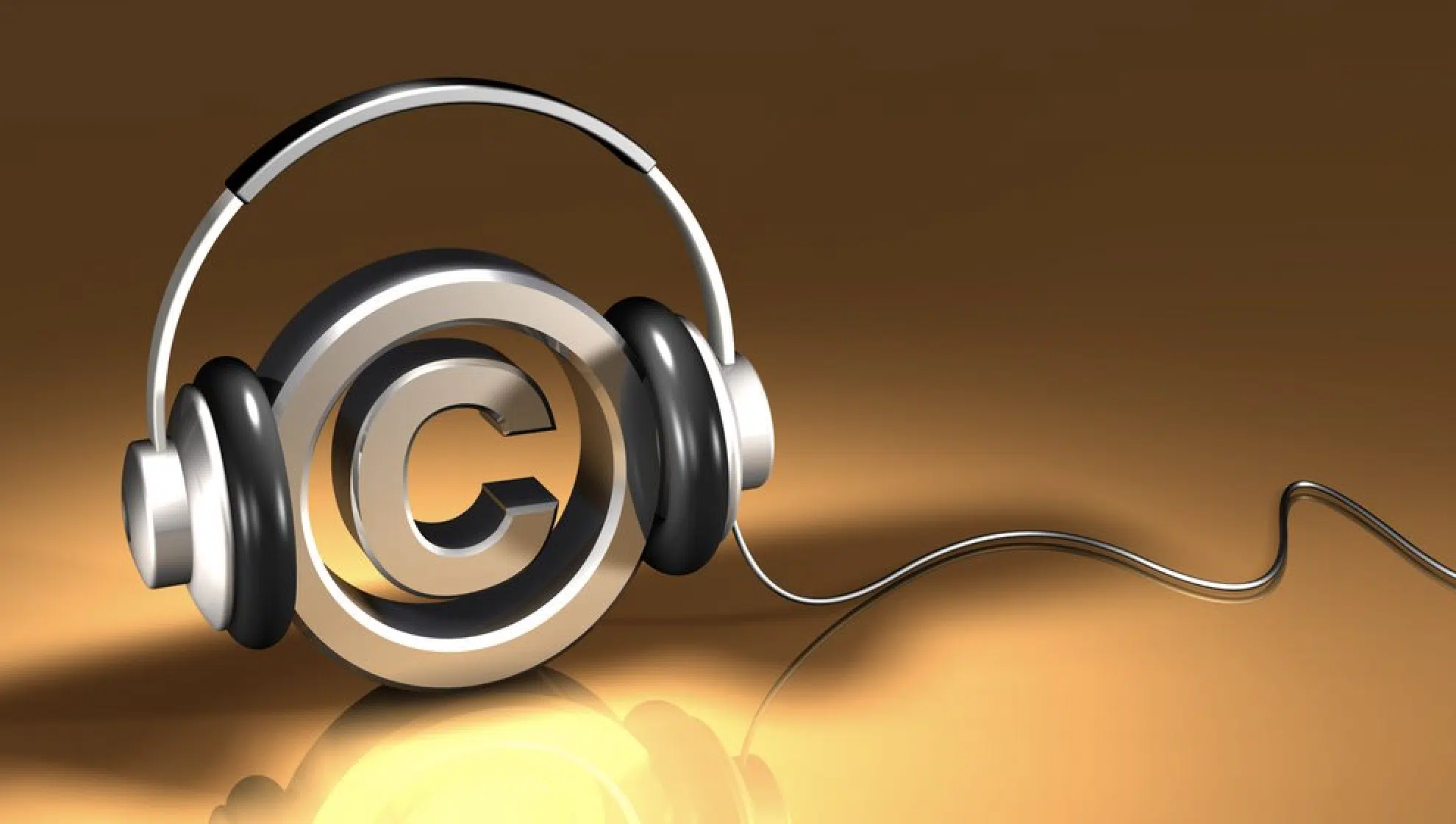
The first step in registering your beats is to visit the copyright office’s website and fill out the registration form for sound recordings.
You’ll need to provide detailed information about your beat when you register (on the record), including:
- The date of creation
- Publication (if applicable)
After submitting the online form, you’ll be required to submit a copy of your beat to the copyright office, which can usually be done electronically.
This step officially begins the copyright registration process.
The process of registering with the copyright office is integral to securing copyright protection, which you must know when learning how to copyright beats.
Once your registration is accepted, you will receive a certificate of registration 一 serving as legal proof/evidence of your copyright ownership.
This register certificate from the copyright office is key for enforcing your copyright and is required if you ever need to take legal action against copyright infringement.
So, register, register, register your beats/music; you have to keep that at the front of your mind.
-
Pro Tip: Understanding Copyright Registration Fees
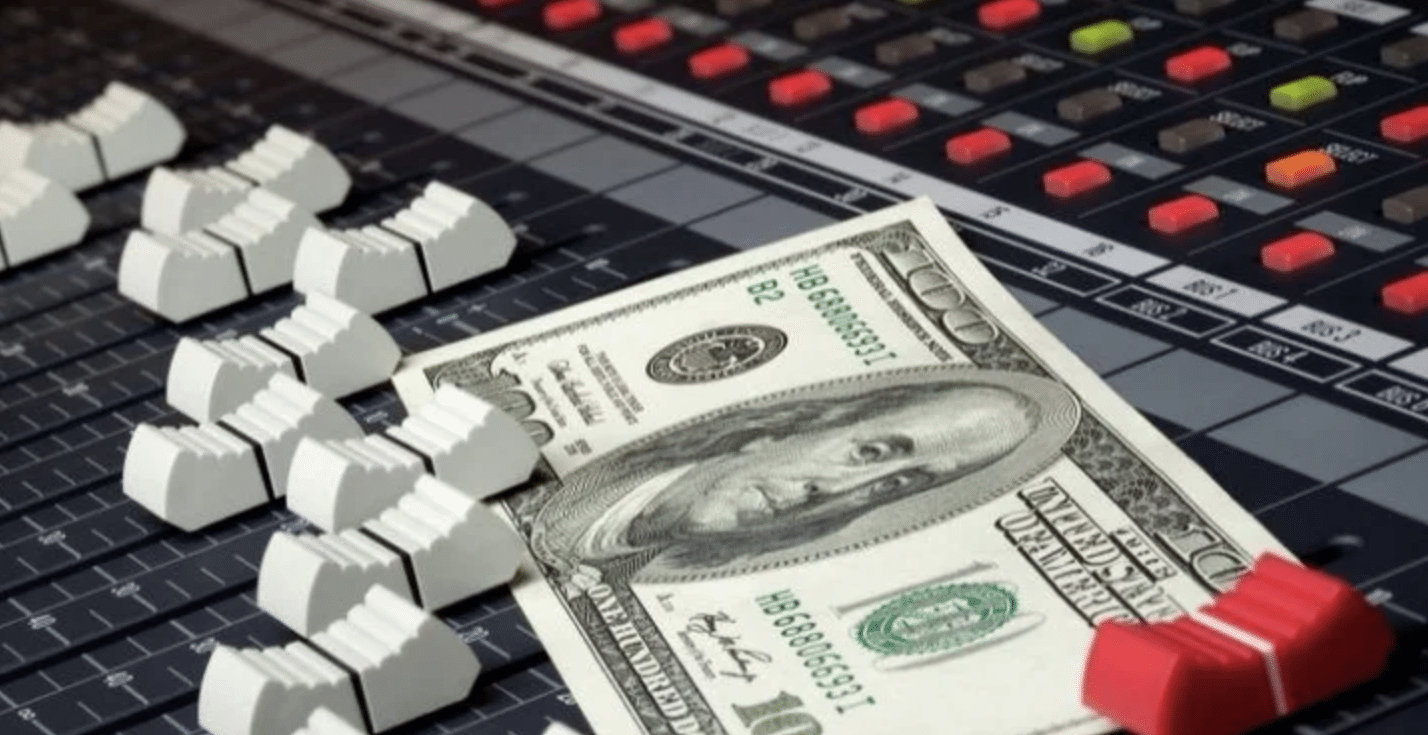
Copyright registration comes with a fee, which can vary depending on how you submit your application and the number of works being registered.
These copyright fees are necessary to cover the processing of your registration and maintaining services of the copyright office.
It’s important to factor these costs into your budget as part of your music production and copyrighting strategy.
-
What to Do After Submitting Your Copyright Registration
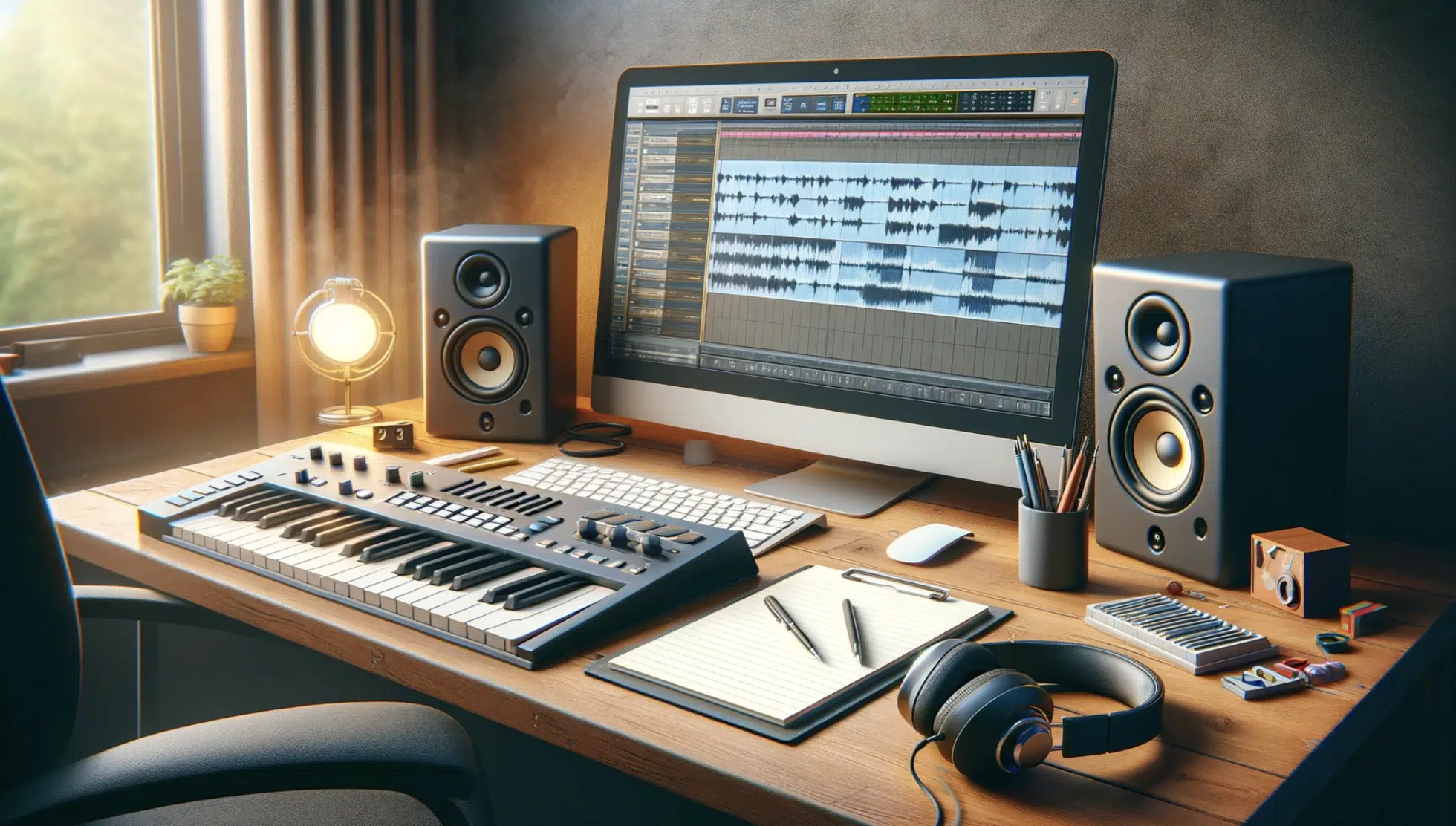
Once you’ve submitted your copyright registration as the owner, it’s wise to keep a digital copy of the receipt and any correspondence.
This documentation can be invaluable proof/evidence if any legal issues arise, as you’ll have a tangible copy.
Additionally, regularly check the status of your registration through the copyright office’s website to stay informed about your application’s progress.
The Role of Copyright Registration in the Music Industry
Copyright registration plays a vital role in the music industry, not just for legal protection but also for the financial benefits it brings to creators. So, let’s dive in so you can learn the final steps about how to copyright beats, starting with mechanical royalties.
-
Mechanical Royalties

When your copyrighted beats are used in recordings, you’re entitled to what’s called ‘mechanical royalties.’
Mechanical royalties are an invaluable income source for music producers and artists as they compensate you every time your beat is reproduced.
Copyright registration ensures you can legally claim these royalties, which further emphasizes the importance of registering your work.
Statutory damages offer legal protection to copyright owners 一 serving as a deterrent (and a solid defense) against infringement.
If someone uses your copyrighted beats without permission, you can seek statutory damages in court to make things right.
This is why I always recommend registering and copyrighting your beats ASAP.
These damages can be significant 一 providing a strong incentive for others to respect copyright laws and for creators to register their work.
-
Poor Man’s Copyright
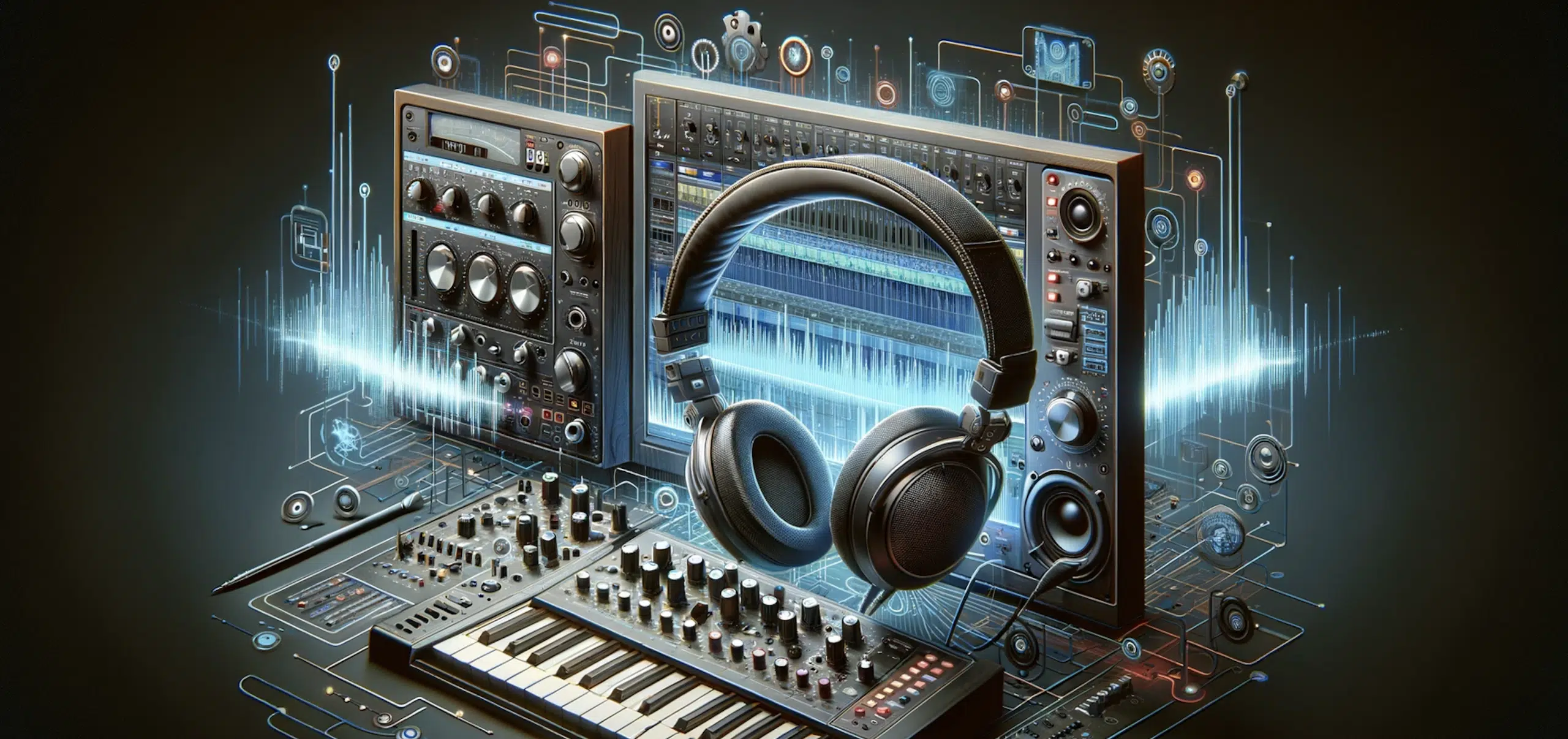
The concept of “poor man’s copyright” involves sending a copy of your original work to yourself and keeping it sealed to demonstrate the date of creation.
However, for the record, this method is largely a myth in terms of legal protection regarding the music you’ve created.
It cannot substitute for official copyright registration with the copyright office.
For example, while it might show you created your beat at a certain time, it doesn’t provide the legal benefits of registration, such as:
- Eligibility for statutory damages
- The presumption of ownership of your music in federal court
- Etc.
Therefore, it’s super important to officially register your beats (with the copyright office) to ensure full copyright protection and legal standing.
Seriously, I cannot emphasize this enough 一 always register your music/song/beat, do not rely on shortcuts.
-
Licensing Your Beats
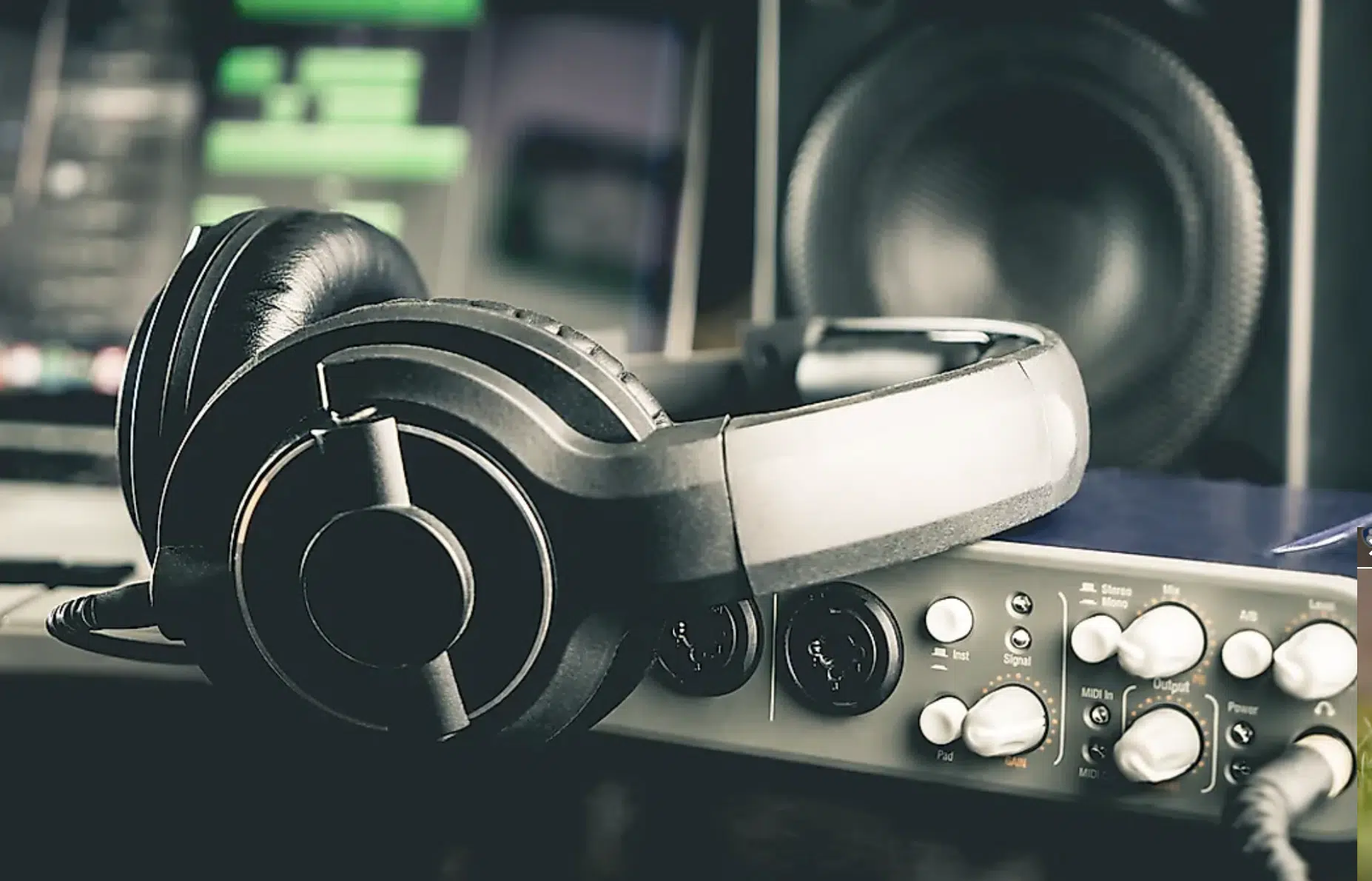
Licensing your beats is a key aspect of monetizing and protecting your work.
When you license a beat, you grant someone else permission to use it under specific conditions, retaining your copyright.
This can be through exclusive or non-exclusive agreements, depending on how you want your beat to be used, which you’ll need to understanding when learning how to copyright beats.
For example:
- An exclusive license 一 Might be given to a single artist (allowing them to use the beat for their song).
- Non-exclusive licenses 一 Could be sold to multiple artists.
Proper licensing ensures that you earn money from your beats while maintaining control over their usage.
-
Selling Your Beats: Copyright Considerations
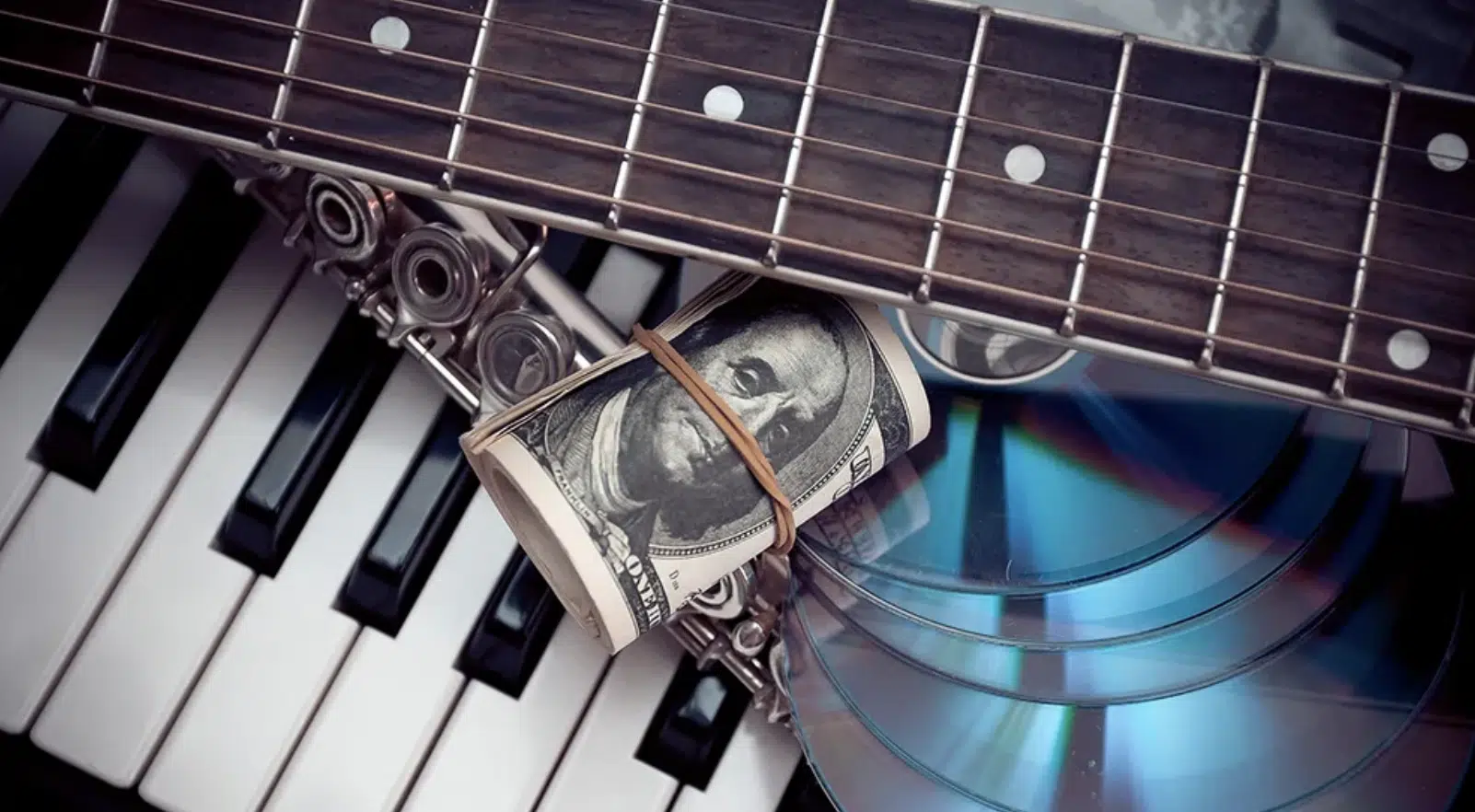
When selling or publishing your beats/music, you’ve got to proceed with precision and care.
This involves understanding the difference between selling exclusive rights versus a non-exclusive license to your beats.
Selling exclusive rights means transferring your copyright to the buyer 一 allowing them exclusive use of the beat.
This usually commands a higher price but means you can no longer use or sell that beat to anyone else, as that person claiming that beat will have exclusivity.
A non-exclusive license, on the other hand, allows multiple artists to use the beat while you retain copyright ownership of what you’ve created.
It’s essential to draw up clear, legally binding agreements that outline these terms to ensure both parties understand their rights and obligations.
This way, no one will sue and there won’t be any confusion.
For example, specifying whether the buyer is allowed to modify your beat, the music distribution channels they can use, and any royalty arrangements.
These agreements protect your rights as the creator and provide a clear framework for the use of the copyrighted beats you’ve created.
It helps prevent future copyright issues/disputes and ensures your original work continues to notice revenue for the rest of your music career.
So, when you’re selling your beats, make sure everything is in working order.
-
Dealing with Copyright Infringement & Resolving Copyright Disputes
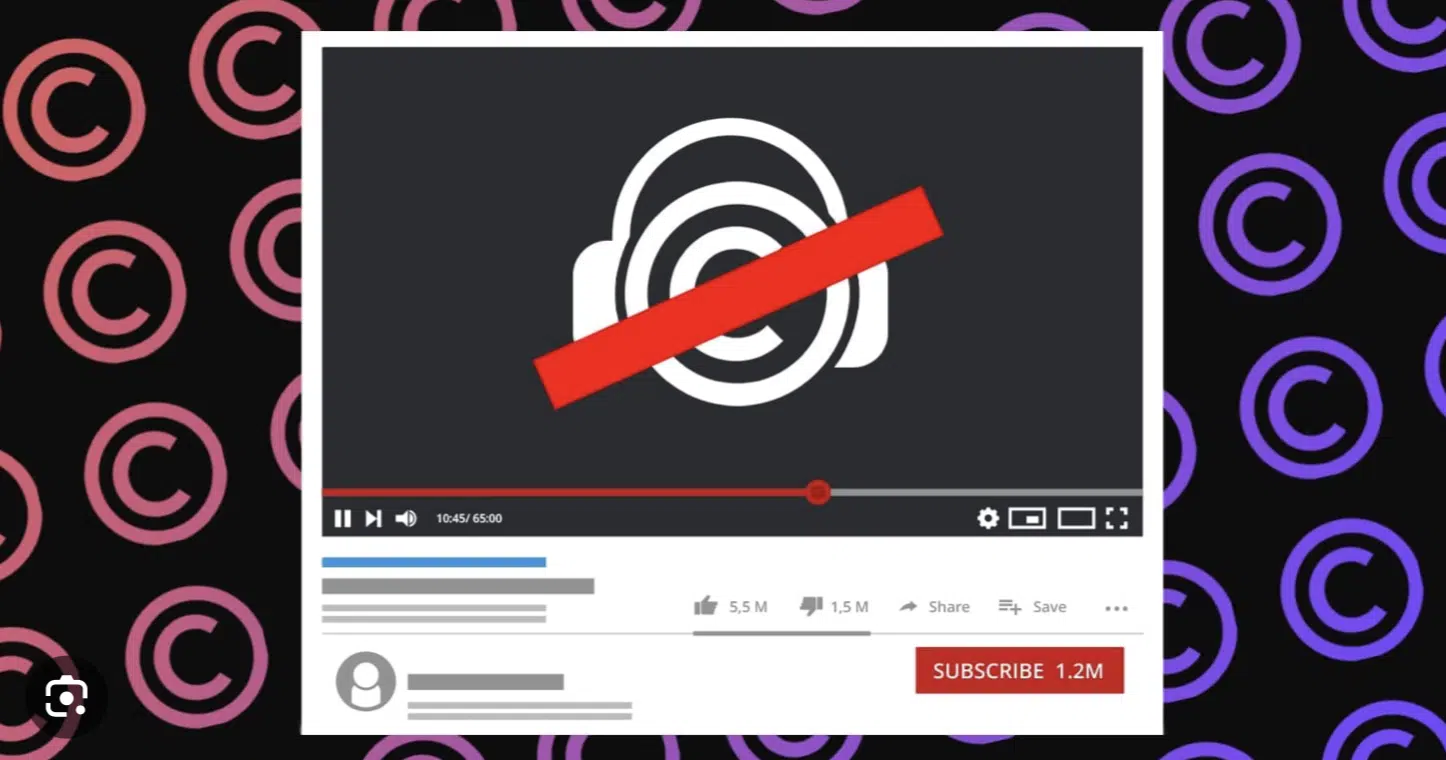
Copyright infringement occurs when someone uses your copyrighted beat without permission.
To address this, you can send a cease and desist letter as a first step, informing the infringer of their unauthorized use and requesting they stop.
If the infringement continues, you may need to file a lawsuit in federal court to enforce your rights and have whoever messed with your music answer for their wrongdoings.
Resolving copyright disputes often involves tireless legal proceedings in court…
Having your beats/music registered with the copyright office provides solid evidence of your owner ship and copyright date.
This is key in these ‘file check’ types of cases, so make sure to get ahead of the game.
I’ll say it one last time, so write it down on a piece of paper or even a sheet: music is meant to be registered and copyrighted!
How to Copyright Beats: Final Thoughts
When you’re learning how to copyright beats, it can be a bit overwhelming and might make you feel uncertain or even anxious about protecting your creative work.
That’s why it’s always important to familiarize yourself with copyright law and take the necessary steps to safeguard your music.
Plus, as you now know, it will help if anything ever happens where you need to prove ownership or defend your rights in your music.
As you embark on this journey of copyrighting your beats, ensuring your tracks stand out with the highest quality sounds is super important.
This is where the #1 Free FX Pack comes into play.
It contains 20 professional-quality FX 一 including insane uplifters, impacts, downlifters, misc sounds, and more, to add that special ear candy to your tracks.
With these legendary sounds, you can instantly hear the difference proper, polished, perfectly processed FX make.
Created by expert sound designers and producers, these FX are designed to help your beats stand out and make an instant impact.
As you’re going through the process of how to copyright beats, incorporating these top-tier sounds will ensure your music is not only protected but also irresistibly appealing to listeners (and potential clients).
Creating and learning how to copyright beats is a pivotal part of your career as a music producer.
It not only secures your legal rights but also empowers you to share your music with confidence, knowing it’s fully protected.
So, take this knowledge, arm yourself with the finest sounds, and go create legendary music that resonates across the globe.
Until next time…






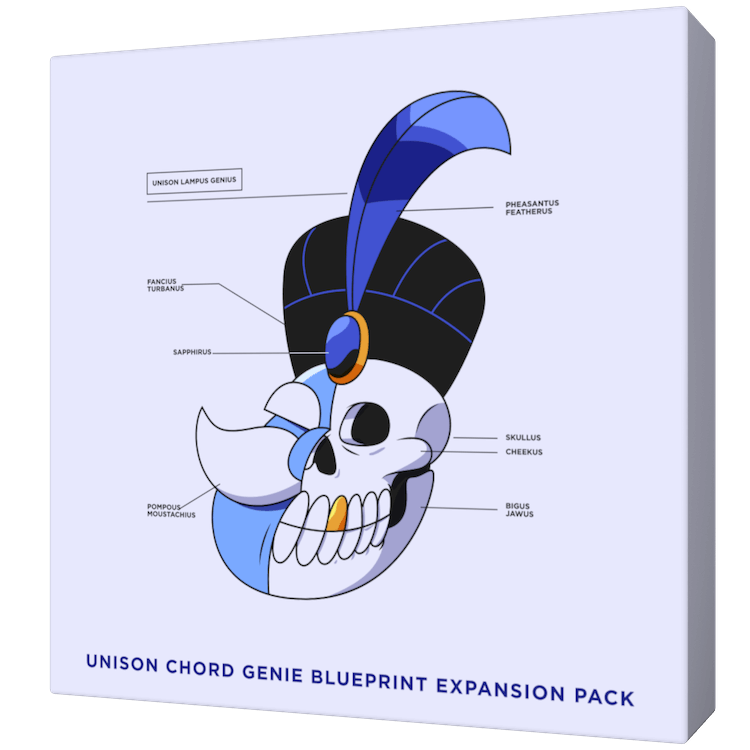
Leave a Reply
You must belogged in to post a comment.